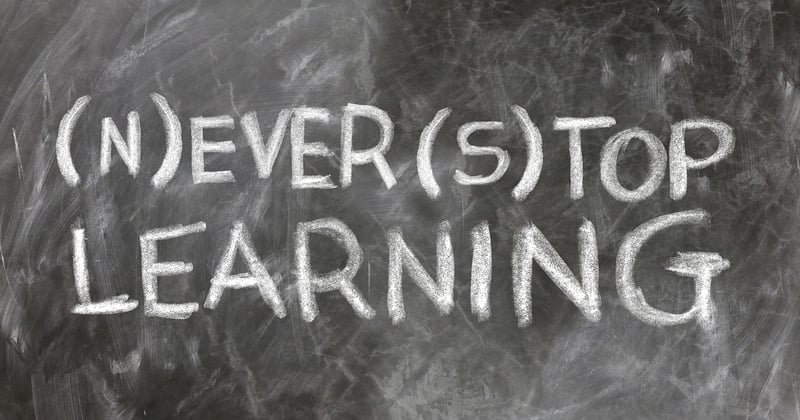Continuous Learning
The Importance of Developing Expertise through Continuous Learning
Continuous learning is a key aspect of personal and professional growth. In today's rapidly evolving world, staying relevant and competitive requires a commitment to ongoing education and skill development. One of the most effective ways to achieve this is by developing expertise in your field through continuous learning.
Why is Developing Expertise Important?
Expertise is the depth of knowledge and skills you possess in a particular subject area. By becoming an expert in your field, you not only enhance your credibility but also open up new opportunities for career advancement and personal fulfillment. Employers value individuals who demonstrate a high level of expertise as they can make significant contributions to the organization.
Benefits of Continuous Learning for Developing Expertise
- Stay Ahead of the Curve: Continuous learning allows you to stay updated on the latest trends, technologies, and best practices in your industry, giving you a competitive edge.
- Enhance Problem-Solving Skills: Developing expertise requires critical thinking and problem-solving, which can be honed through continuous learning.
- Boost Confidence: The more you learn and master new skills, the more confident you become in your abilities.
- Expand Your Network: Engaging in continuous learning opportunities such as workshops, seminars, and online courses can help you connect with like-minded professionals and experts in your field.
- Adapt to Change: Expertise gained through continuous learning equips you to adapt to changes in the industry and overcome challenges effectively.
How to Start Developing Expertise through Continuous Learning
- Set Clear Goals: Define what expertise you want to develop and set specific, achievable goals to guide your learning journey.
- Seek Learning Opportunities: Take advantage of formal education, online courses, workshops, conferences, and mentorship programs to enhance your knowledge and skills.
- Practice Consistently: Apply what you learn through real-world projects, case studies, and practical exercises to reinforce your expertise.
- Reflect and Iterate: Regularly reflect on your learning progress, seek feedback, and make adjustments to your learning approach to maximize results.
Remember, developing expertise is a continuous process that requires dedication, persistence, and a growth mindset. Embrace lifelong learning as a journey towards becoming a true expert in your field.

Start your journey towards developing expertise through continuous learning today!
For more information and resources on continuous learning, visit edX.
